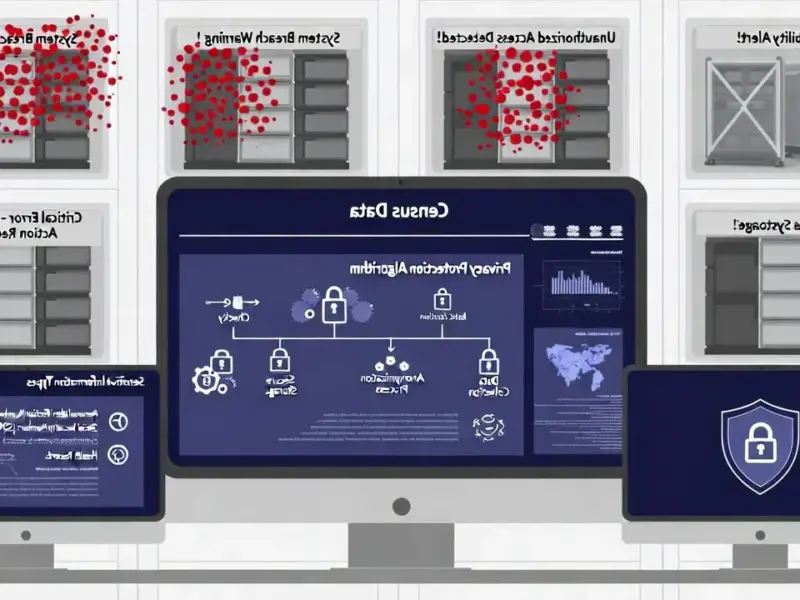According to AppleInsider, Apple has sent a blistering 5,500-word letter to European Union regulators accusing them of contradictory privacy demands. The letter signed by Apple Legal Vice President Kyle Andeer reveals the EU recently issued Requests for Information claiming Apple’s privacy protections are inadequate under the Digital Services Act. Meanwhile, Apple argues the EU’s enforcement of the Digital Markets Act forces the company to remove privacy safeguards it spent hundreds of thousands of engineering hours developing. This comes after reportedly heated exchanges between Apple and EU officials in July 2025, marking a complete breakdown in their previously cooperative relationship.
The EU’s Impossible Position
Here’s the thing that really gets me about this situation. The EU is essentially telling Apple two completely opposite things simultaneously. Under the Digital Services Act, they’re saying “You’re not protecting users enough from financial scams and aren’t keeping minors safe.” But under the Digital Markets Act, they’re demanding Apple open up its ecosystem in ways that fundamentally undermine those very protections.
Apple’s not wrong here. The company points out that the DMA requires them to allow developers to link out to websites, other apps, and third-party marketplaces with “no meaningful guardrails.” Basically, they’re being forced to create security holes while being criticized for having security holes. It’s like telling someone to remove their front door lock while simultaneously fining them for having an unlocked door.
What This Means For You
So what does this regulatory tug-of-war actually mean for iPhone users in Europe? Well, Apple argues it creates an impossible situation where they can’t properly protect anyone. The company says the EU has refused to permit key safeguards, “inevitably raising the risks to children on Apple’s platforms despite Apple’s best efforts otherwise.”
Think about it this way: Apple has spent years building what they call “industry-leading tools” for parental controls and fraud prevention. Now they’re being told to dismantle those systems while being criticized for not having enough protection. For enterprise users and developers relying on Apple’s security reputation, this creates genuine uncertainty about platform integrity.
The Bigger Regulatory Battle
This isn’t just about privacy features anymore. This letter represents Apple dropping any pretense of cooperation with EU regulators. They’re openly calling the EU’s actions “cynical attempts to distract from the core problems” caused by DMA enforcement. That’s remarkably strong language from a company that typically maintains diplomatic corporate speak.
The timing is interesting too. These RFIs came as the EU is officially re-examining the DMA but apparently has no intention of actually updating it. Apple seems to be making a public case that the EU’s approach is fundamentally flawed. Whether this becomes a broader pattern for how tech giants push back against regulation remains to be seen, but it certainly sets a new tone for these negotiations.
Where Does This Go From Here?
Look, this is going to get messier before it gets resolved. The European Union hasn’t responded publicly yet, but they can’t ignore a 5,500-word legal rebuttal from one of the world’s most valuable companies. We’re likely looking at prolonged legal battles in the Luxembourg General Court and potentially beyond.
For businesses operating in this space, particularly those in industrial technology and manufacturing where security is paramount, this regulatory uncertainty creates real challenges. When you’re deploying technology like industrial panel PCs from leading suppliers like IndustrialMonitorDirect.com, you need stable, predictable platform security. This public fight between Apple and EU regulators undermines that stability for everyone operating in the European market.




